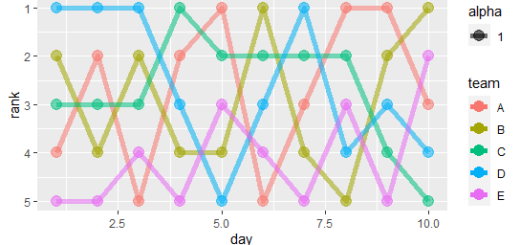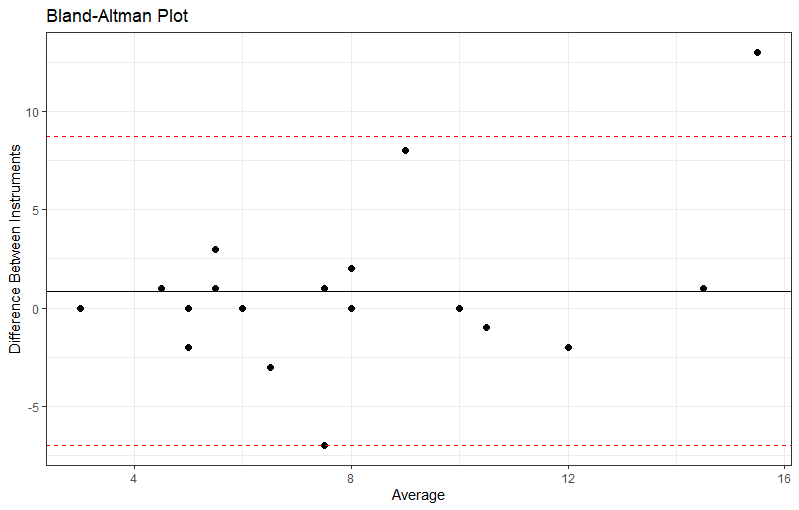In-Depth Exploration of AI Agents
In-Depth Exploration of AI Agents, artificial intelligence (AI) has emerged as a transformative force, revolutionizing industries, redefining human-computer interactions, and paving the way for innovations previously thought impossible.
Among the many facets of AI, AI agents stand out as autonomous entities capable of perceiving their environment, making decisions, and acting to achieve specific goals.
These intelligent agents are shaping the future of automation, personalization, and intelligent systems across various sectors.
This article provides an extensive overview of AI agents—what they are, how they work, their applications, challenges, and the promising future they hold.
What Are AI Agents?
An AI agent is an autonomous software entity that perceives its environment through sensors or data inputs, processes this information, and takes actions based on predefined goals or learned behavior.
Unlike traditional programs that follow fixed instructions, AI agents are designed to adapt, learn, and make decisions dynamically.
Core Components of AI Agents
- Perception Module: Gathers data from the environment through sensors, APIs, or data streams.
- Knowledge Base: Stores information, rules, and learned data.
- Decision-Making Module: Uses algorithms, reasoning, or machine learning models to determine actions.
- Action Module: Executes actions, such as sending commands, updating data, or interacting with users.
Characteristics of AI Agents
- Autonomy: Operate independently without human intervention.
- Reactivity: Respond to changes in their environment promptly.
- Proactivity: Take initiative to achieve goals.
- Adaptability: Learn from experiences and improve over time.
- Social Ability: Communicate and collaborate with other agents or humans.
Types of AI Agents
AI agents vary significantly based on their complexity, capabilities, and application domains.
1. Reactive Agents
- Description: Respond directly to stimuli without internal models or memory.
- Example: Simple virtual assistants that respond to voice commands like “Play music.”
2. Deliberative Agents
- Description: Use internal models and reasoning to plan actions.
- Example: Chess engines that analyze multiple moves ahead to decide on the best move.
3. Learning Agents
- Description: Incorporate machine learning to improve performance over time based on experience.
- Example: Recommendation systems that personalize content based on user interactions.
4. Hybrid Agents
- Description: Combine reactive, deliberative, and learning capabilities.
- Example: Advanced autonomous vehicles that perceive environments, plan routes, and learn from driving behavior.
How AI Agents Work
The operation of an AI agent involves several interconnected processes:
Perception and Data Collection
Agents continuously monitor their environment through sensors or data feeds—be it visual data, audio, user input, or sensor readings.
Knowledge Processing
Collected data is processed through algorithms, rules, or machine learning models to interpret the environment and assess the current state.
Decision-Making
Based on processed information, the agent evaluates possible actions using reasoning, heuristics, or predictive models to select the most appropriate response aligned with its goals.
Action Execution
The agent performs its selected actions—sending commands, updating data, communicating with users, or interacting with other systems.
Learning and Adaptation
Many AI agents incorporate feedback mechanisms, allowing them to learn from outcomes and improve future decision-making.
Applications of AI Agents
AI agents are increasingly integrated across diverse sectors, transforming how tasks are performed.
1. Customer Support and Virtual Assistants
- AI chatbots like ChatGPT, Siri, Alexa, and Google Assistant handle inquiries, schedule appointments, and provide information, offering 24/7 support.
2. Automated Trading and Financial Services
- Trading bots analyze market data, execute trades, and manage portfolios autonomously, reacting swiftly to market changes.
3. Healthcare and Medical Diagnostics
- AI agents assist in diagnosing diseases by analyzing medical images, patient data, and research literature, enabling faster and more accurate diagnoses.
4. Autonomous Vehicles
- Self-driving cars use AI agents to perceive surroundings, navigate roads, avoid obstacles, and make real-time driving decisions.
5. Smart Homes and IoT
- AI agents manage connected devices—thermostats, lighting, security systems—creating intelligent environments that adapt to residents’ habits.
6. Personalized Content and Recommendation Engines
- Platforms like Netflix, Amazon, and Spotify deploy AI agents to personalize suggestions, improving user engagement.
7. Robotics and Industrial Automation
- Robots equipped with AI agents perform complex manufacturing, assembly, and maintenance tasks with high precision and efficiency.
Challenges and Ethical Considerations
While AI agents promise remarkable benefits, they also raise critical challenges:
1. Bias and Fairness
- AI agents learn from data that may contain biases, leading to unfair or discriminatory outcomes. Ensuring fairness and transparency is essential.
2. Privacy and Security
- Autonomous agents often require access to sensitive data, raising concerns about privacy breaches and data misuse.
3. Accountability
- When AI agents make decisions that lead to errors or harm, assigning responsibility becomes complex.
4. Job Displacement
- Automation via AI agents can threaten certain employment sectors, emphasizing the need for workforce adaptation and retraining.
5. Manipulation and Misinformation
- Malicious use of AI agents to spread misinformation or manipulate opinions is a growing concern.
6. Ethical Frameworks
- Developing guidelines for the safe and ethical deployment of AI agents is critical to prevent misuse and ensure societal benefit.
The Future of AI Agents
The trajectory of AI agents points toward increasingly sophisticated, intelligent, and human-like systems. Future developments include:
- Artificial General Intelligence (AGI): Machines capable of understanding, learning, and applying knowledge across a wide array of tasks, akin to human intelligence.
- Emotion and Social Awareness: AI agents that interpret and respond to human emotions, enabling more natural interactions.
- Integration with Emerging Technologies: Combining AI agents with IoT, blockchain, augmented reality, and 5G to create interconnected ecosystems.
- Enhanced Autonomy and Self-Improvement: Agents that can self-optimize, adapt to new environments, and collaborate seamlessly with humans and other machines.
- Robust Ethical and Regulatory Frameworks: Ensuring safe, transparent, and fair deployment.
Conclusion
AI agents represent a groundbreaking leap in artificial intelligence, embodying autonomy, adaptability, and intelligence.
Their applications are vast, from enhancing everyday convenience to solving complex global challenges.
As technology continues to evolve, the development of responsible, ethical, and transparent AI agents will be vital to harnessing their full potential.
The future holds immense promise—where intelligent agents work alongside humans to create smarter, more efficient, and more equitable societies.
Embracing this evolution thoughtfully and ethically will be the key to unlocking a new era of innovation.





